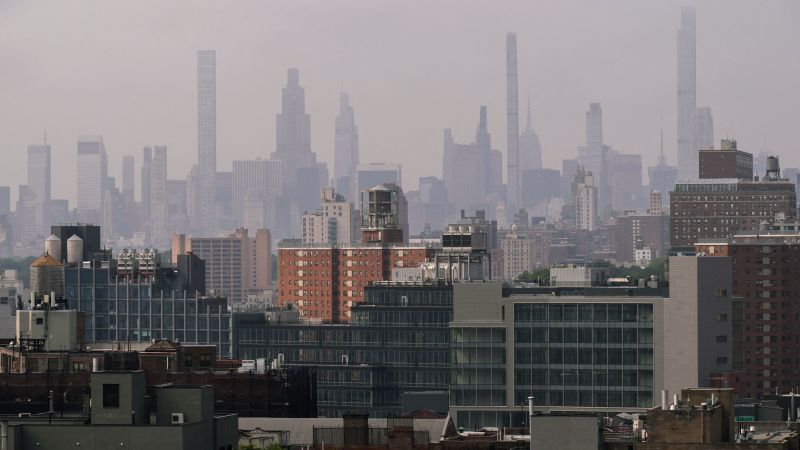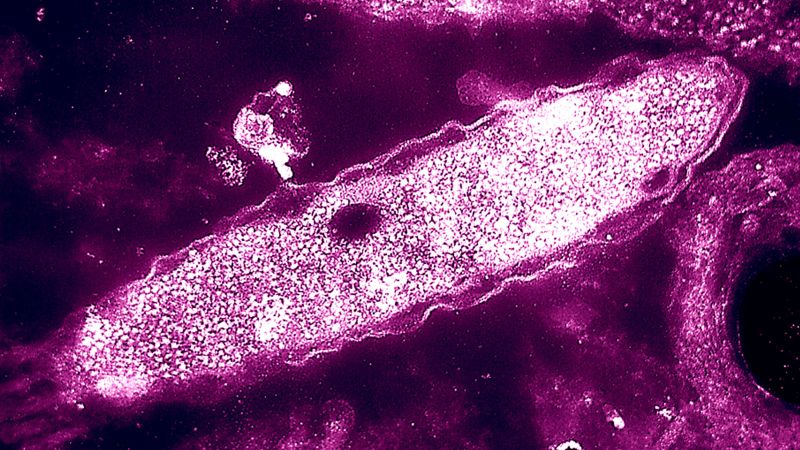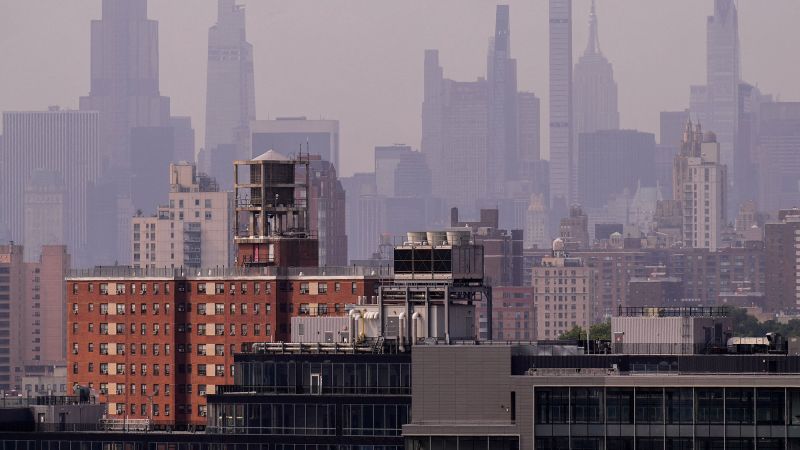
Legionnaires' Disease Outbreak in New York City: Health Authorities Respond
Politics | 8/12/2025
An escalation in Legionnaires’ disease cases in New York City has been reported by health authorities, with the outbreak in Central Harlem now totaling 90 confirmed cases, resulting in three fatalities. The increase in cases has prompted city health officials to propose new regulations concerning cooling towers to address the situation.
Legionnaires’ disease, a severe form of pneumonia caused by the Legionella bacteria found in water systems, poses a significant public health concern due to its rapid spread in communal settings. The recent surge in cases has raised alarm among health experts and officials, emphasizing the need for swift and effective measures to contain the outbreak.
In response to the growing number of cases, the proposal for enhanced regulations on cooling towers aims to prevent the proliferation of Legionella bacteria, which can be dispersed through contaminated water droplets. These regulations are crucial in mitigating the risk of further infections and safeguarding public health in densely populated urban areas like New York City.
Addressing the situation, a city health official stressed the importance of proactive measures to control the spread of Legionnaires’ disease, stating, “It is imperative that we implement stringent guidelines to ensure the safety of our community members and prevent additional cases.” The proposed regulations seek to enhance monitoring and maintenance practices for cooling towers to reduce the likelihood of Legionella contamination.
As health authorities work to contain the outbreak and prevent additional cases, the focus remains on implementing effective strategies to combat the spread of Legionnaires’ disease in New York City. The proposed regulations on cooling towers reflect a proactive approach to public health management, aiming to curb the escalation of cases and protect the well-being of residents in the affected areas.


